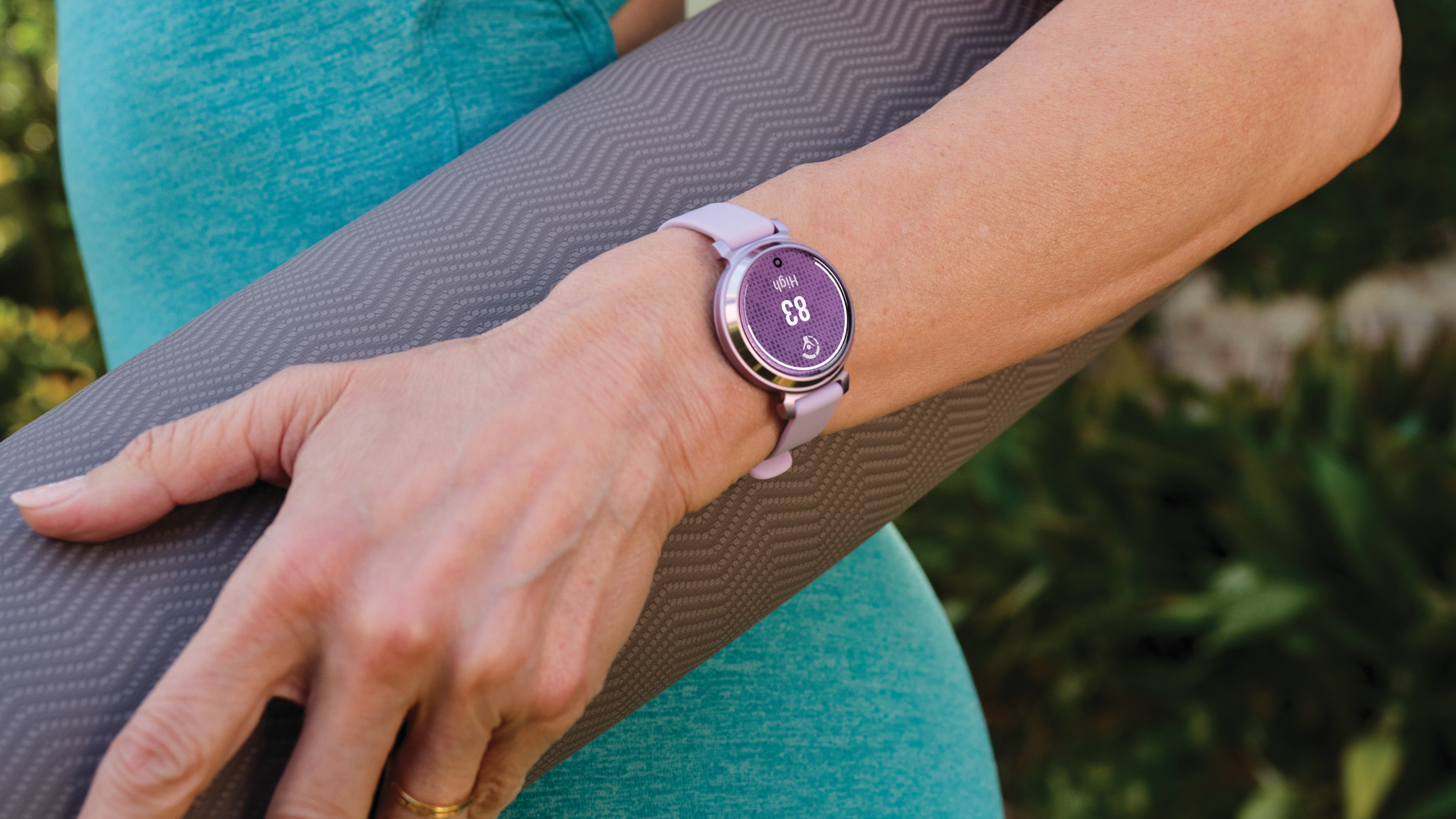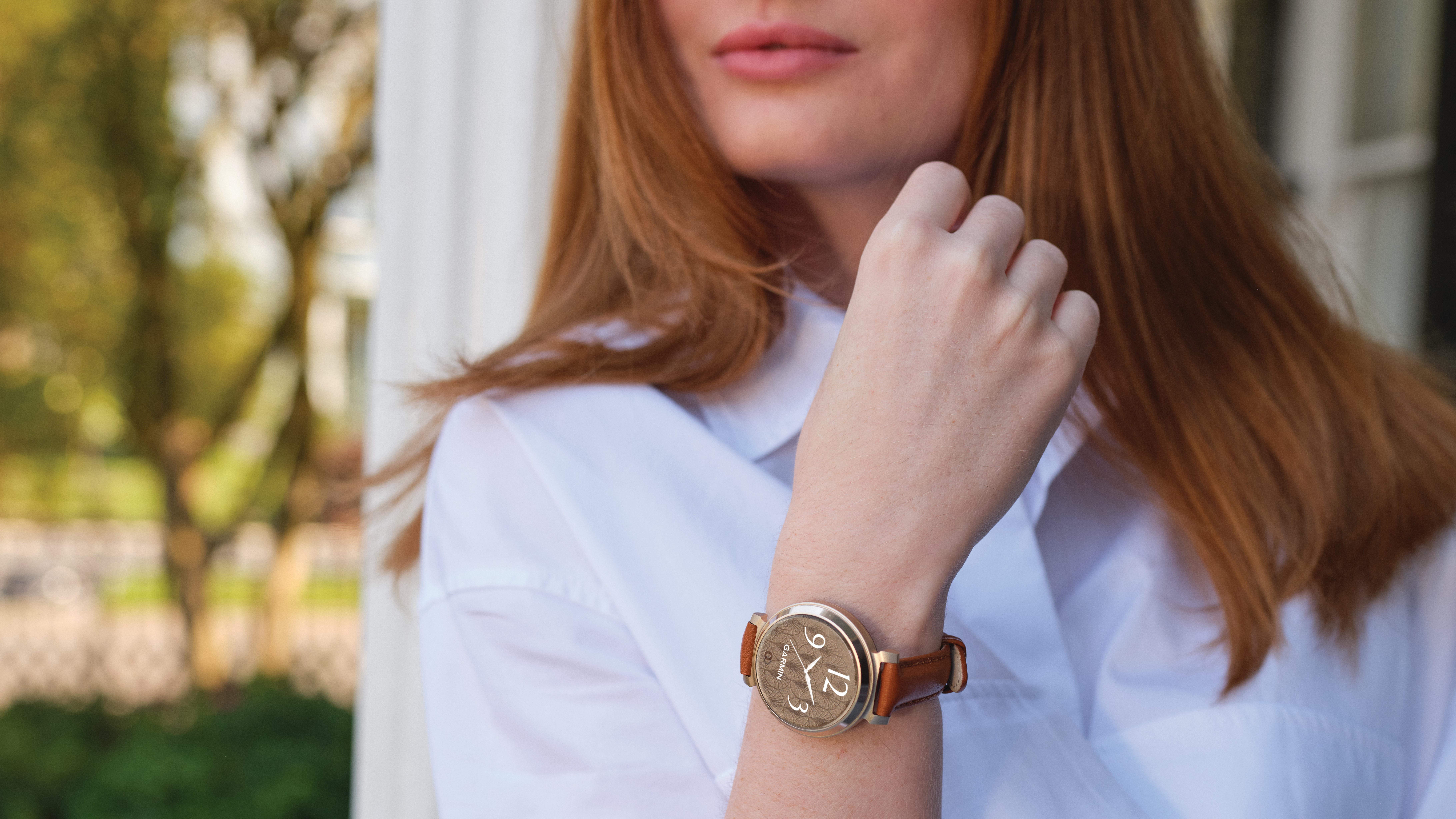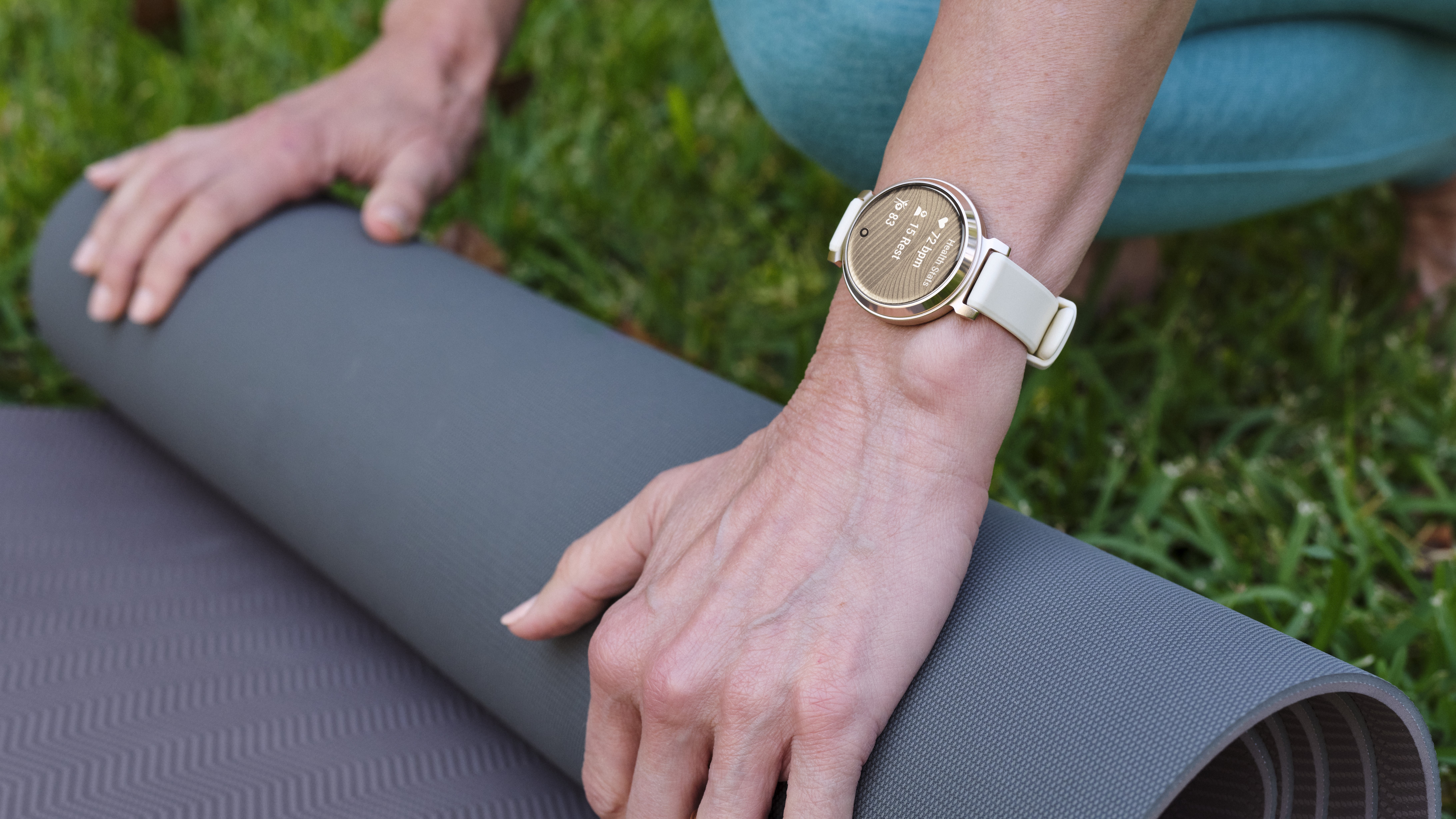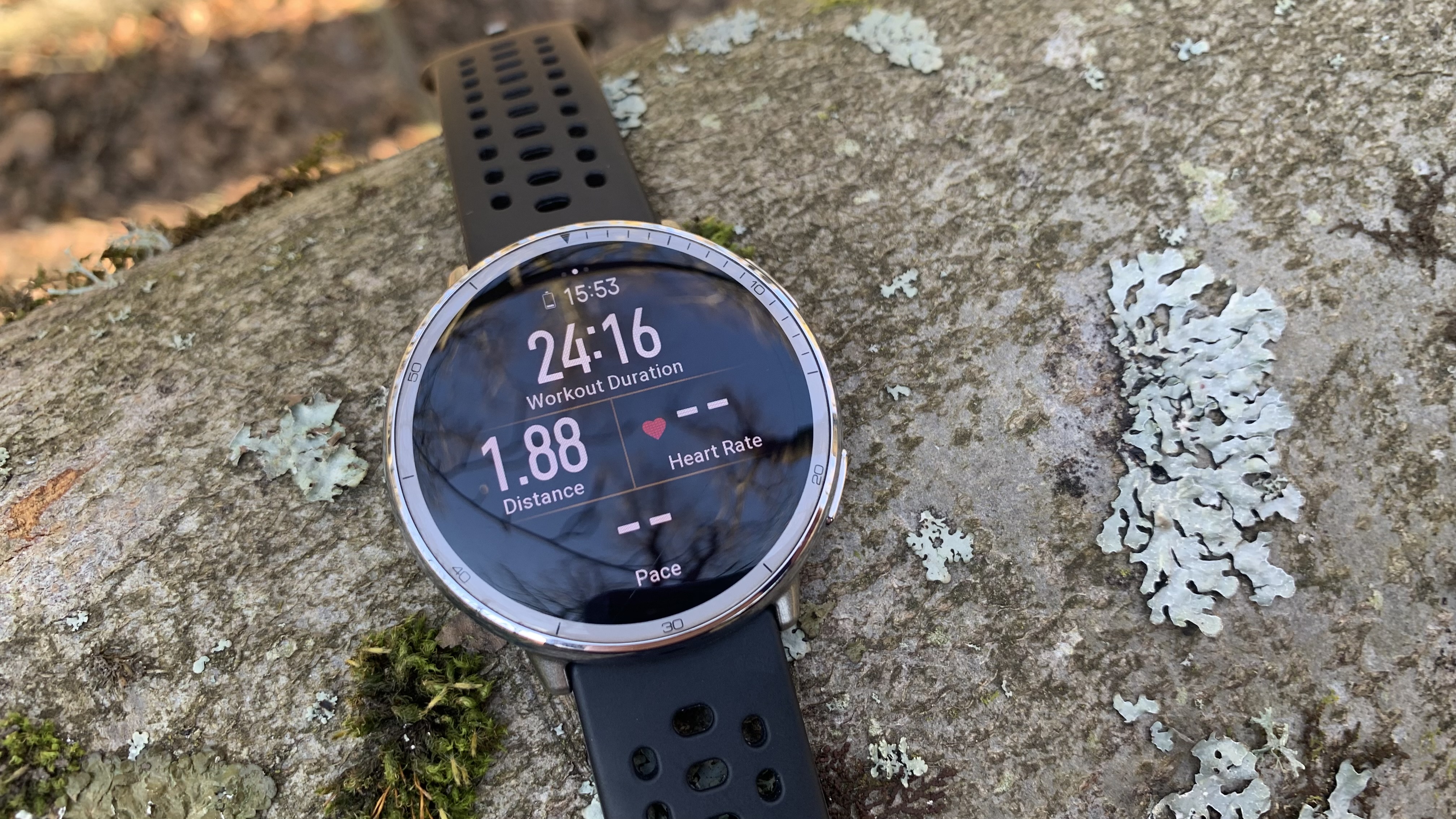Garmin Lily 2 finally arrives, with lighter case and contactless payments
The second-gen women's sports watch also has new activity profiles for dance, though there's still no on-board GPS

After a flurry of leaks and rumors (including images accidentally published on the company's own Japanese website last week), Garmin has finally unveiled the Garmin Lily 2 sports watch, with a lighter case, Garmin Pay, and new dance workout tracking modes.
The original Garmin Lily launched three years ago, and was Garmin's first watch designed specifically for women. Of course anyone can wear any watch (and if you need maps then bigger is better), but the Lily had a particularly compact case and slim band intended to avoid overwhelming smaller wrists. It came in two versions: Classic, with a band made from Italian leather, and Sport, with a silicone strap to better resist sweat.
The Lily 2 also comes in two versions, but the silicone version is no longer marketed specifically for sports. Whichever version you choose, it looks very much like its predecessor, with an LED display hidden behind a patterned face. The lugs have been redesigned though, meaning the Lily 2 now looks more like a conventional wrist watch.
The case is now made of aluminum rather than stainless steel, which means the Lily 2 is considerably lighter than its predecessor. The original Lily Classic with a leather band weighs 24.4g, while the equivalent Lily 2 is just 21.4g.
To save even more weight, the Lily 2 Classic is also available with a fabric band. I suspect this will be a particularly popular choice, shaving off a few grams while also being breathable and washable.

The original Garmin Lily put a particular focus on women's health, with a period-tracking widget available directly through the main menu, allowing you to input symptoms with just a couple of swipes and taps.
It also displayed message, call and app notifications from your phone, and tracked your wellbeing throughout the day with heart rate monitoring (plus SpO2), stress tracking, and Garmin's Body Battery score to show your changing energy level. It also monitored respiration, and in moments of high stress, the watch could lead you through a guided breathing session.
Advnture Newsletter
All the latest inspiration, tips and guides to help you plan your next Advnture!
The Garmin Lily 2 does all this, but the Classic edition now offers Garmin Pay for making contactless purchases. There's also a more detailed Morning Report to help you prepare for the day ahead, and guided meditation sessions.
Fitness features
The original Garmin Lily was a competent fitness tracker, but its main drawback was its lack of on-board GPS, meaning it needed a Bluetooth connection to your phone to track your route and speed during outdoor activities like walks, bike rides and runs (a system called 'connected GPS'). However, when I tested it for Advnture's sister site TechRadar, I was pleasantly surprised by just how accurate the Lily was when piggybacking on my phone. It easily outshone this year's Garmin Vivomove Trend.
Sports tracking for the Lily 2 looks pretty similar. It also relies on connected GPS to monitor your whereabouts, which is no surprise considering its compact case size. For a GPS system to work properly, the aerials transmitting and receiving signals need to be a certain distance apart to avoid interference, and the Lily is likely too small for this to be feasible.

You do, however, get a new dance activity mode, capable of tracking styles including Zumba, Afrobeat, Bollywood, and EDM. I'll be interested to see how this performs in real use, and which stats the watch gathers during workouts.
The Lily 2 has the same battery life as the original Lily, lasting up to five days on a single charge. That's considerably lower than most Garmin watches, but again, is a consequence of its diminutive size (a smaller case means a smaller battery).
The Garmin Lily 2 is available to buy now direct from Garmin starting at $249.99/£249.99 without Garmin Pay.
- The best cheap GPS watches: affordable watches tested and rated

Cat is Homes Editor at TechRadar and former editor of Advnture. She's been a journalist for 15 years, and cut her teeth on magazines before moving online. She helps readers choose the right tech for their home, get the best deals, and do more with their new devices.
